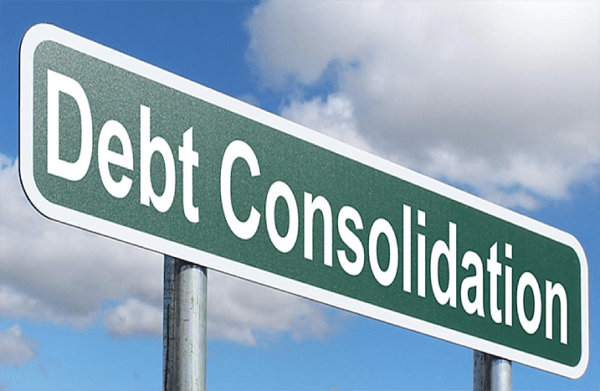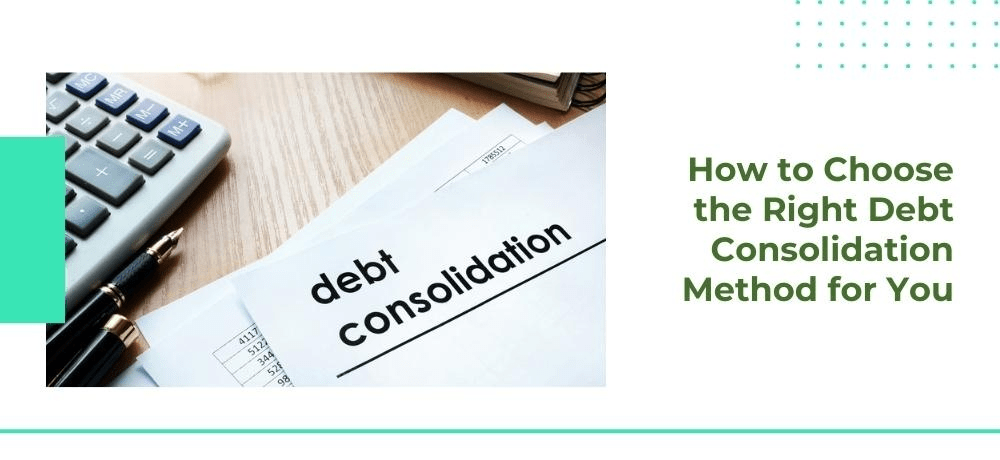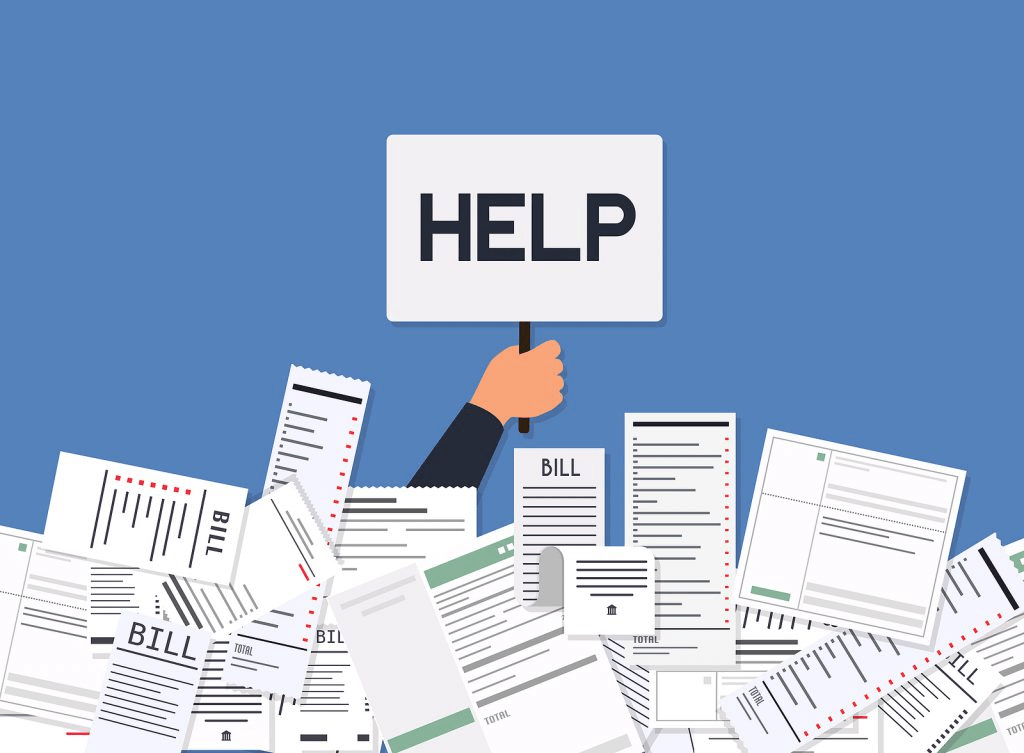Optimizing Your Debt Consolidation: Key Tips for Success!

Understanding debt consolidation
When you find yourself drowning in multiple debts with varying interest rates and due dates, it can be overwhelming to keep track of everything. Debt consolidation offers a practical solution by combining all your debts into one manageable payment. But before you embark on this journey, it is crucial to understand the concept of debt consolidation.
Debt consolidation involves taking out a new loan to pay off your existing debts. This new loan typically has a lower interest rate and longer repayment period, making it easier for you to manage your finances. By consolidating your debts, you simplify your financial obligations and may even save money in the long run.
Benefits of Debt Consolidation
There are several advantages to consolidating your debt. First and foremost, it allows you to streamline your payments into one monthly installment, reducing the risk of missed or late payments. This can help improve your credit score over time.
Furthermore, debt consolidation often comes with a lower interest rate compared to the combined rates of your previous debts. This means that you can save money on interest payments, allowing you to pay off your debts more quickly. Additionally, consolidating your debt can provide you with a sense of relief and peace of mind, knowing that you are taking proactive steps towards financial stability.
Common Mistakes to Avoid When Consolidating Debt
While debt consolidation can be a beneficial strategy, it is important to avoid common pitfalls that can hinder your progress. One mistake to avoid is taking on additional debt after consolidating. This can defeat the purpose of consolidation and lead to even more financial stress. $28.50/hr To Write On Facebook
Another mistake is failing to address the root cause of your debt. If you don’t address the underlying issues that led to your debt accumulation, you may find yourself back in the same situation even after consolidating. It is crucial to develop healthy financial habits and budgeting skills to prevent future debt.
Lastly, be cautious of scams and predatory lenders. Research reputable debt consolidation companies and thoroughly read the terms and conditions before entering into any agreements. Protect yourself by understanding the fees, interest rates, and repayment terms associated with the consolidation loan.
Assessing Your Financial Situation
Before diving into debt consolidation, it is essential to assess your financial situation thoroughly. Start by gathering all your financial documents, including bank statements, credit card bills, and loan agreements. Calculate your total outstanding debt and determine the interest rates for each debt.
Next, evaluate your monthly income and expenses. This will give you a clear picture of your financial standing and help you determine how much you can afford to pay towards your consolidated loan. Consider creating a budget to track your expenses and identify areas where you can cut back to allocate more funds towards debt repayment.
Lastly, take a close look at your credit score. A good credit score can help you secure better terms and interest rates for your consolidation loan. If your credit score is low, consider taking steps to improve it before applying for a consolidation loan.
Choosing the Right Debt Consolidation Method

There are several debt consolidation methods available, and choosing the right one for your situation is crucial. One option is a debt consolidation loan, where you borrow a lump sum of money to pay off your existing debts. This loan typically has a fixed interest rate and repayment term. $220/day – Shopify Assistant Job
Another option is a balance transfer, where you transfer your credit card balances to a new credit card with a lower interest rate. This can be a cost-effective method if you can pay off the balance within the promotional period.
Debt management plans offered by credit counseling agencies are also worth considering. These plans involve working with a counselor to negotiate lower interest rates and consolidate your debts into one monthly payment. However, be aware that these plans may have fees associated with them.
Tips For Finding the Best Debt Consolidation Company
Finding the right debt consolidation company is crucial to optimize your debt consolidation experience. Start by researching reputable companies and reading reviews from other customers. Look for a company that offers transparent terms, clear communication, and excellent customer service.
It is also essential to compare interest rates, fees, and repayment terms from different companies. Request quotes and loan estimates to ensure you are getting the best possible deal. Take the time to understand the fine print and ask questions if anything is unclear.
Additionally, consider seeking recommendations from trusted friends, family, or financial advisors. They may have firsthand experience with debt consolidation companies and can provide valuable insights and guidance.
Steps to Optimize Your Debt Consolidation
Once you have chosen the right debt consolidation method and company, it’s time to take steps to optimize your debt consolidation. Start by making a list of all your debts, including the outstanding balances and interest rates. This will help you prioritize which debts to pay off first.
Next, create a realistic budget that allows you to allocate enough funds towards your consolidated loan payment. Cut back on unnecessary expenses and consider finding additional sources of income to accelerate your debt repayment.
Stay committed to your repayment plan and avoid taking on new debt. It may be tempting to use credit cards or take out loans, but this will only hinder your progress. Focus on paying down your consolidated loan and celebrate each milestone along the way. $950/week posting premade videos on YouTube
Strategies for Managing Debt After Consolidation

After successfully consolidating your debt, it is crucial to develop strategies for managing your finances effectively. Start by creating an emergency fund to cover unexpected expenses. Having a financial safety net will prevent you from relying on credit cards or loans in times of crisis.
Consider automating your bill payments to avoid late fees and missed payments. Set up reminders or automatic transfers to ensure that your consolidated loan payment is made on time each month. This will help maintain a positive payment history and further improve your credit score.
Continue practicing good financial habits, such as budgeting, tracking expenses, and avoiding unnecessary debt. Educate yourself about personal finance and seek professional advice if needed. The more knowledgeable and informed you are, the better you can manage your money and avoid falling back into debt.
Monitoring Your Progress and Staying on Track
Regularly monitoring your progress is essential to ensure that you stay on track with your debt consolidation goals. Keep track of your debt balances and interest rates to see how they decrease over time. Celebrate each milestone and use these achievements as motivation to keep going.
Review your budget periodically and make adjustments as necessary. Life circumstances may change, and it is important to adapt your financial plan accordingly. Stay disciplined and committed to your debt repayment journey, knowing that each payment brings you closer to financial freedom. $30 per photo you take
Conclusion: Achieving Financial Freedom Through Debt Consolidation
Debt consolidation can be a powerful tool to regain control of your finances and achieve financial freedom. By understanding the concept, benefits, and potential pitfalls of debt consolidation, you can optimize your experience and set yourself up for success. Assess your financial situation, choose the right method and company, and implement strategies to manage your debt effectively. Stay committed, monitor your progress, and celebrate each milestone along the way. With determination and discipline, you can overcome your debts and pave the way to a brighter financial future.
FAQs
Q: Is debt consolidation the same as debt settlement?
A: No, debt consolidation and debt settlement are two different approaches. Debt consolidation involves combining multiple debts into one loan with a lower interest rate, while debt settlement involves negotiating with creditors to settle your debts for less than the full amount owed.
Q: Will debt consolidation affect my credit score?
A: Initially, debt consolidation may have a slight impact on your credit score. However, as you make consistent payments and reduce your debt balances, your credit score should improve over time.
Q: Can I consolidate my student loans through debt consolidation?
A: Yes, student loans can be consolidated through debt consolidation. However, federal student loans and private student loans are often consolidated separately.
National Stats
According to recent statistics, the average American household carries approximately $38,000 in personal debt, excluding mortgages. This staggering amount of debt highlights the need for effective debt management strategies, such as debt consolidation. By implementing the tips and techniques discussed in this article, individuals can take control of their financial situation and work towards a debt-free future.
Ready to take charge of your debt? Explore debt consolidation options today and start your journey towards financial freedom. Remember, every step you take brings you closer to a brighter financial future.
